
Name Erin Niimi Longhurst
Family British father, Japanese mother – grew up in New York, Tokyo and London
Live Currently living in London
Interest Food, travel, calligraphy and photography

Tell us about your book Japonisme.
Japonisme is a lifestyle book about Japan. I wrote it because there were things about my upbringing that I wanted to share – these beautiful Japanese concepts, like wabi sabi (finding beauty in imperfection), kintsugi (the art of repairing pottery with gold), and ikigai (purpose). My Japanese grandfather was a high-powered businessman, but also a temple elder, and he taught me a lot about these concepts, and different practices – things like calligraphy, flower arranging, and forest bathing, so people can incorporate them into your life and appreciate the present.
Why do you think Japonisme is so popular?
I think that there is a lot of interest because people are seeing the value and importance of being mindful, being less wasteful, and finding contentment – and discovering these new worldviews and mindsets through different practices, which people find interesting.
What in the Japonisme does appeal to you the most?
I am a foodie, so one of my favourite chapters to write was about food – but also tea ceremony, because it ties in so many practices and concepts – things like flower arranging, calligraphy, and finding harmony with your surroundings. These practices and philosophies encourage you to find beauty in the mundane, or the everyday, and seek contentment, which I love.

In your book you talk about finding ikigai (purpose)? Have you find your ikigai?
I think the most important thing about finding your ikigai is that it is personal to you – people struggle with finding their ikigai or purpose when they compare themselves to others, or try to change themselves to please another person or to fit with their ideals. It’s not easy, and it can change – it’s about getting to know yourself, and what drives you.

If you could just choose one Japanese dish to eat for the rest of your life, which one would it be?
Probably toro, which is tuna – but I do love fermented foods like miso (soybean paste) on things like aubergine or in soup, or natto, which are fermented soybeans you would have with rice.
What was easy or hard for you to incorporate aspects of Japonisme into our daily lives?
Fairly easy for me, as it was part of my upbringing. But with anything, its important to take things through small steps. I talk about the concept of kaizen in the book, which is habit forming – lasting change only happens when you take it slowly.

How do you spend a free Saturday?
Not particularly inspiring, but mostly life admin! Doing laundry, sometime practicing calligraphy, going for walks – my favourite things are to visit a flower market in my neighbourhood and pick up another plant (my room is a jungle now).
What is happening for you this year?
Working on another book, hopefully, and focusing on things like cooking and doing more supper clubs. I work during the week with charities, which I find incredibly important, so I want to make sure I’m continuing to be impactful where I can!


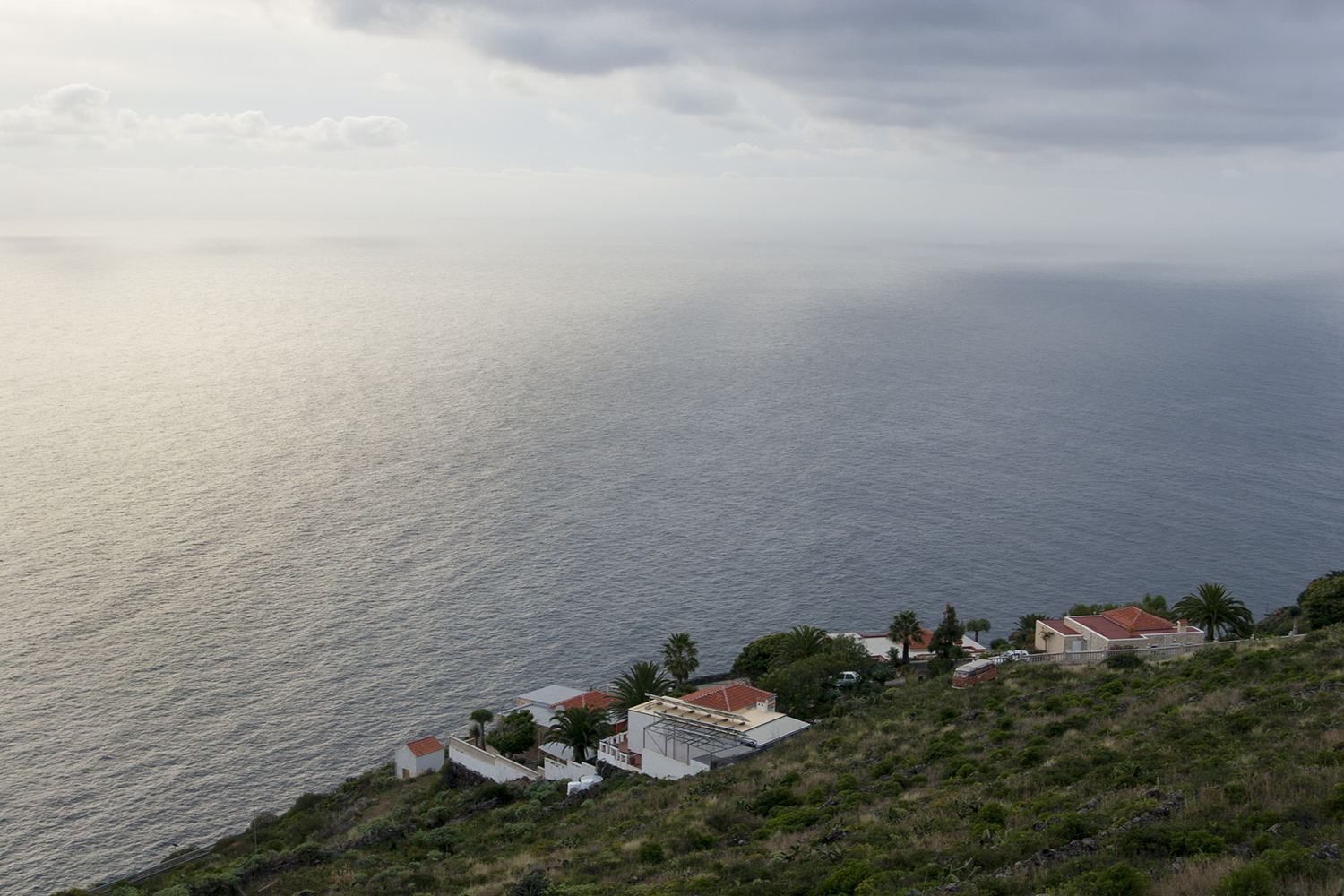
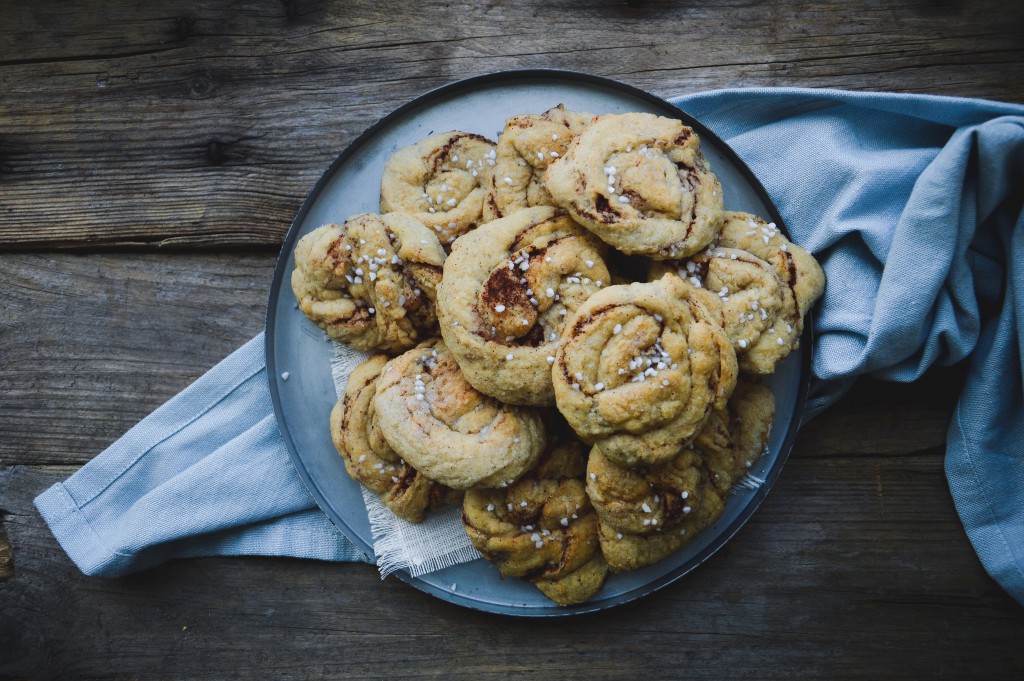
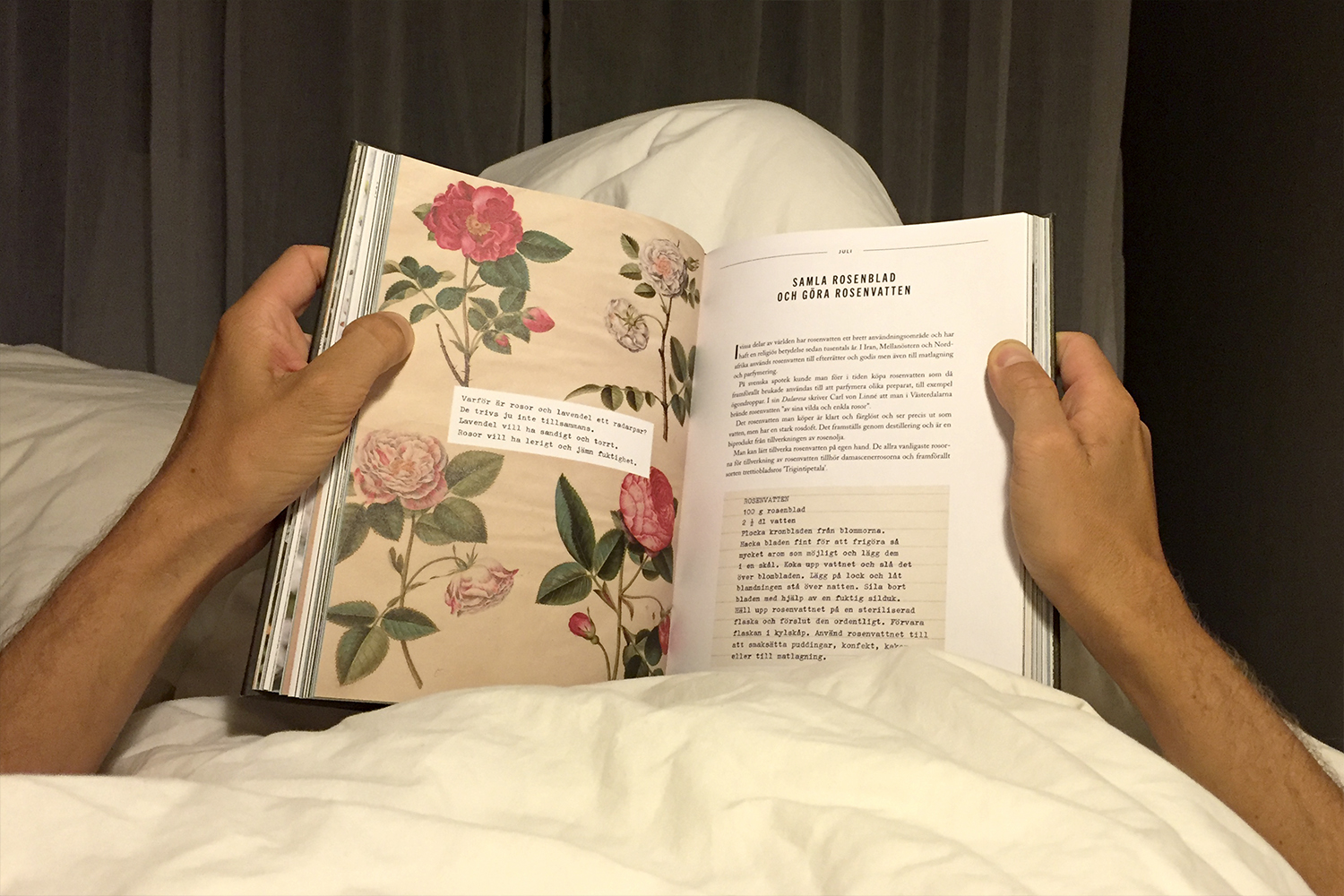

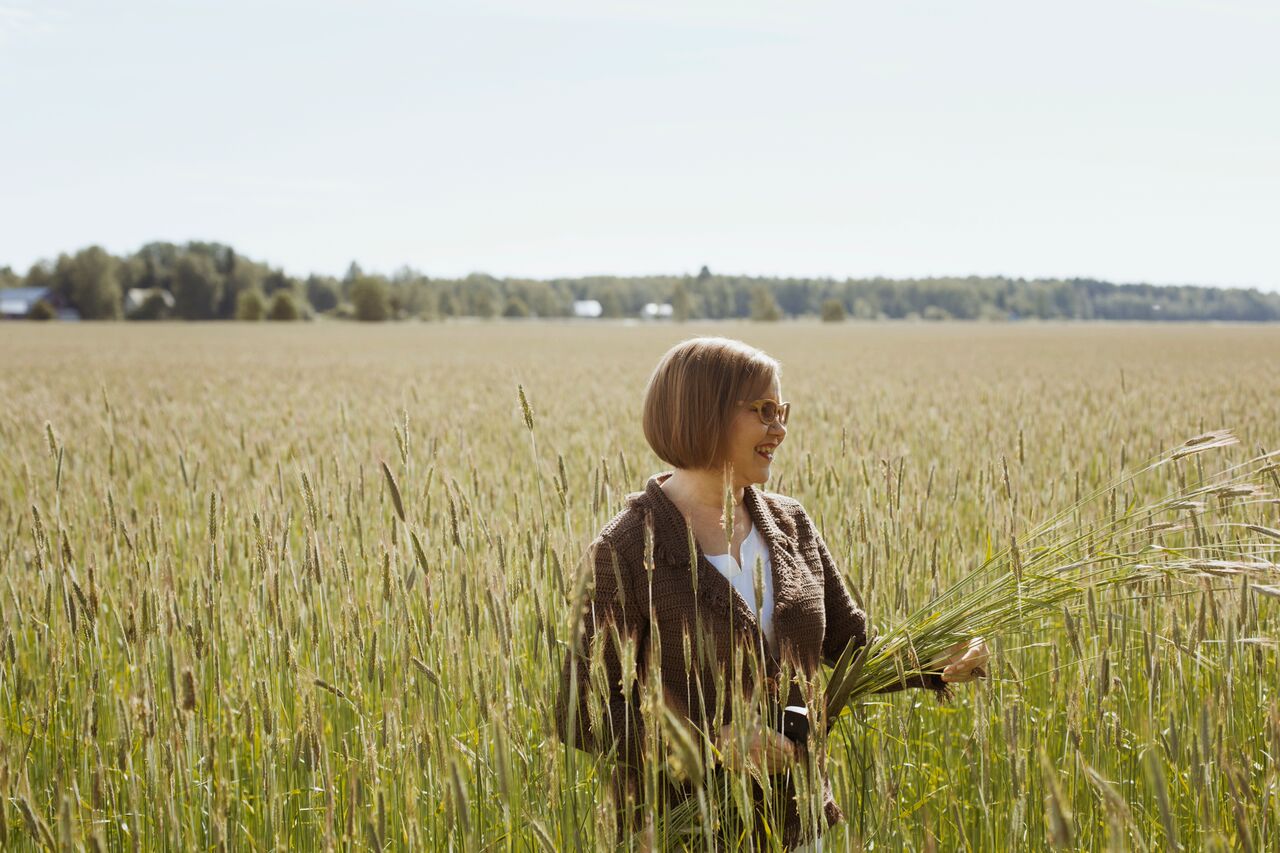
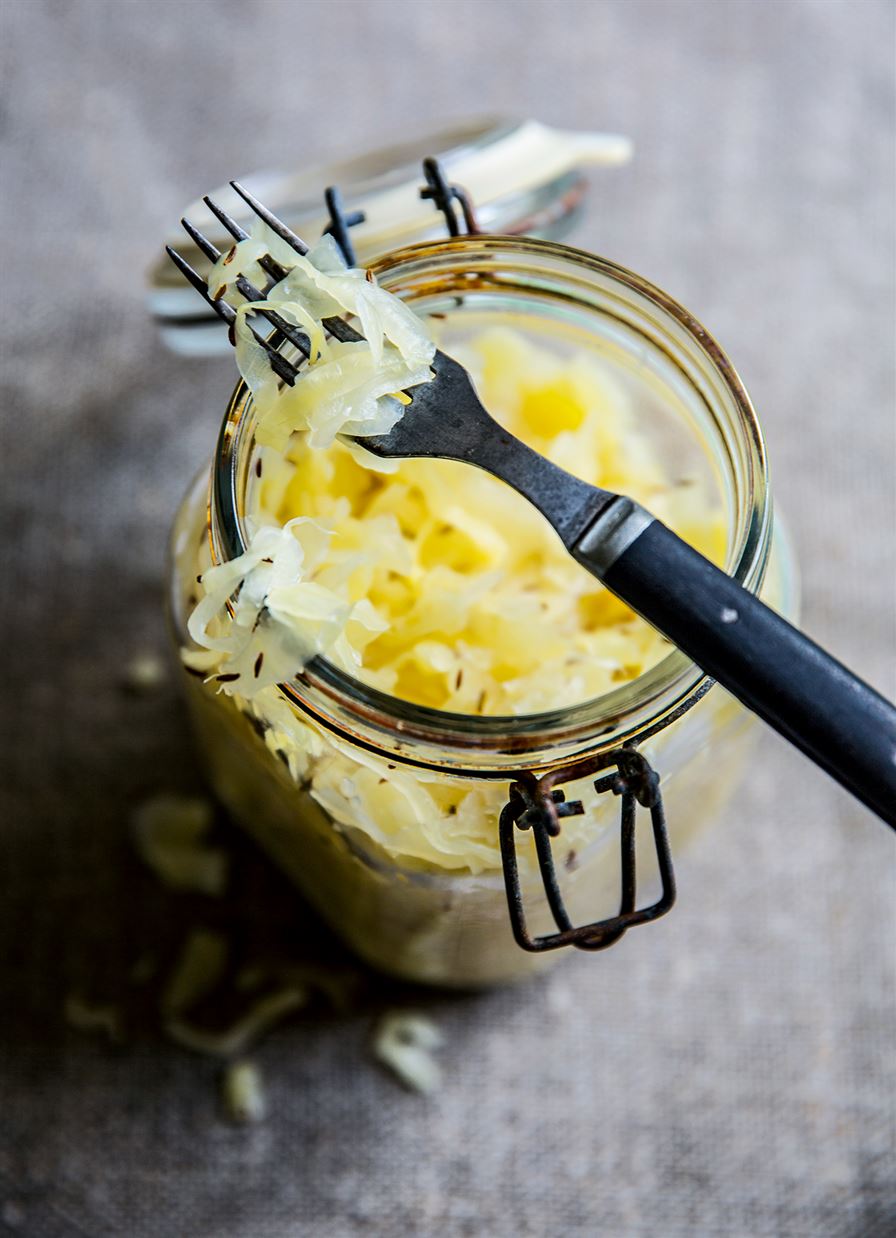
1 Comment